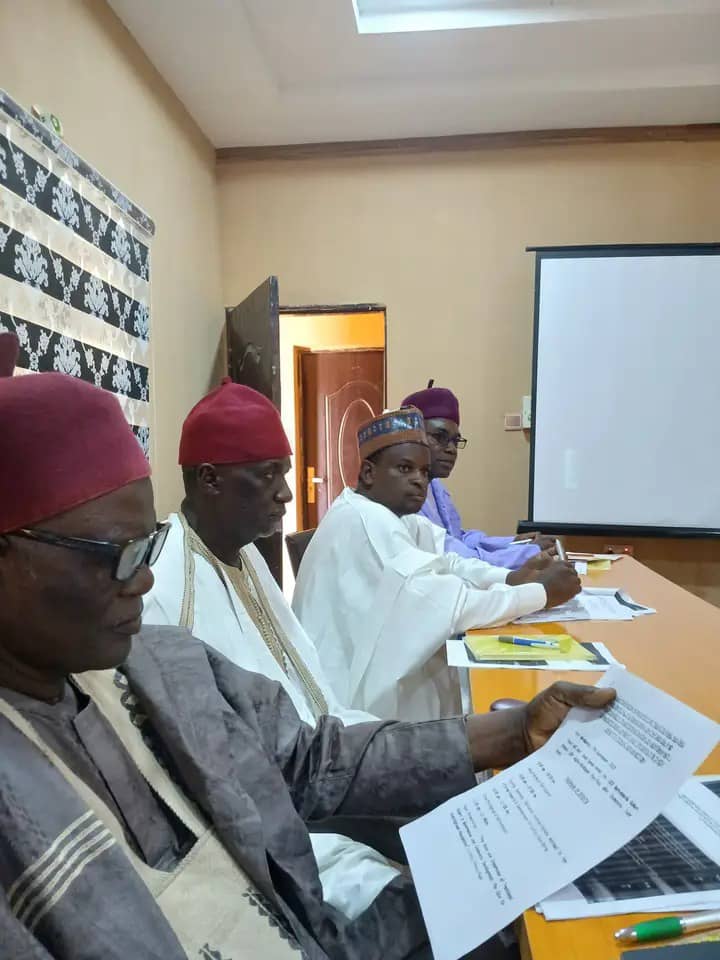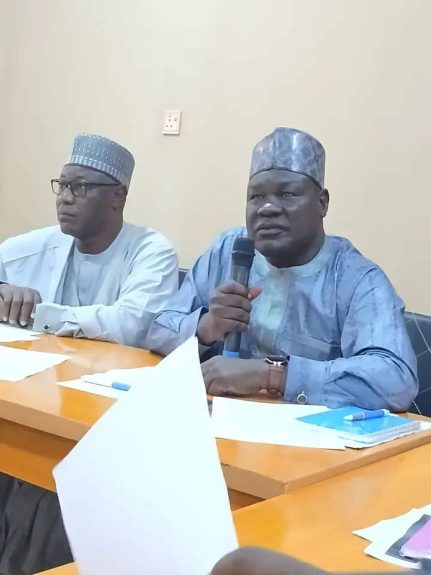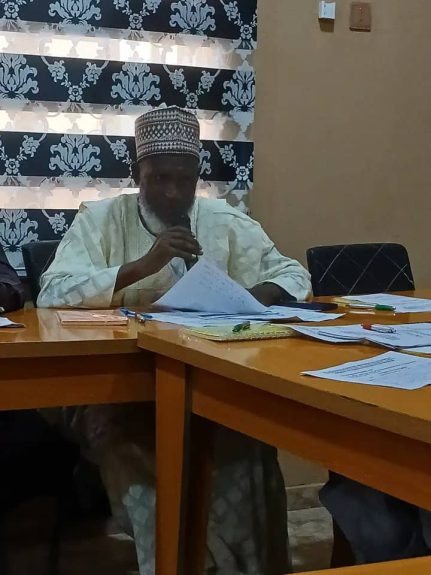
Iliyasu Abdullahi Bah
In a significant move to redefine their role in modern governance, traditional rulers from across Yobe State, alongside legal experts and government officials, have issued a powerful call for their constitutional recognition. The demand was the central resolution of a one-day training workshop held on Wednesday at the GK Hall, Sand Dunes Hotel in Damaturu, focused on integrating customary and modern systems of administration.
The workshop, titled “The Roles and Importance of Traditional Rulers in Governance and Community Development,” served as a strategic platform to build a consensus on the necessity of granting traditional institutions a clear and legally defined mandate within the Nigerian constitution.
The event featured in-depth presentations from renowned legal and governance experts, who laid out a compelling argument for constitutional recognition on the Roles and Importance of Traditional Rulers in Governance and Community Development: The Case for Constitutional Recognition and establishing the historical and social foundation for their enhanced role.
Following robust discussions, participants reached a unanimous agreement on several key resolutions there is an urgent need to amend the Nigerian constitution to formally recognize traditional institutions, providing them with the legal authority to function effectively and with clarity.and empowering traditional rulers with a constitutional mandate would significantly enhance their capacity to mediate local disputes and manage land administration, leveraging their deep cultural understanding and community trust.
The workshop stressed the imperative of creating formal channels for collaboration and partnership between traditional rulers, government agencies, civil society, and other stakeholders to promote sustainable community development and peace.
The initiative received strong backing from the state government. The Attorney General and Commissioner of Justice for Yobe State, Barrister Sale Samanja, who spoke earlier at the event, acknowledged the immense contributions of traditional rulers to societal stability.
“The people have high respect for the traditional institutions in Nigeria,” Samanja stated. “As such, they deserve a constitutional role to enhance their performance and formally integrate their wisdom into our governance structure.”
The workshop concluded with a firm call to action, urging the state and federal governments to implement these recommendations, as doing so would not only enhance the effectiveness of traditional rulers but also bridge a critical gap between customary authority and modern governance for the benefit of all citizens.


